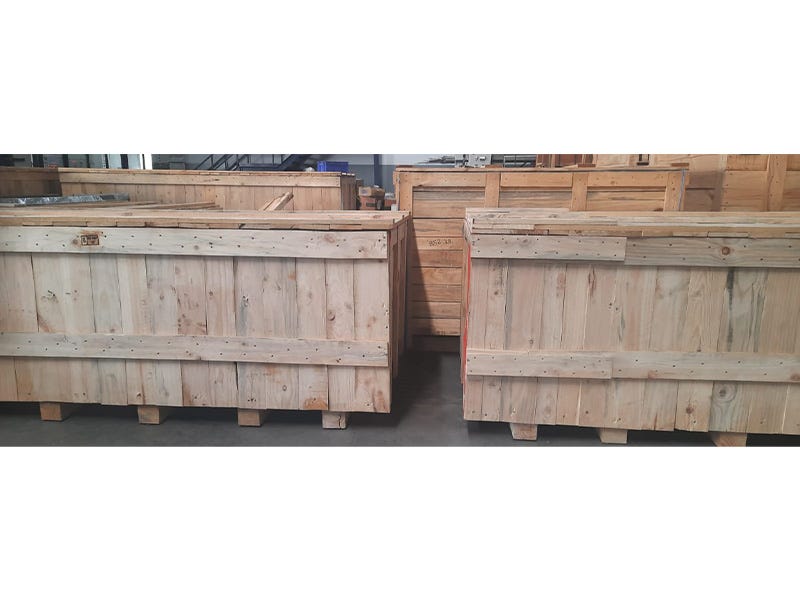How can reducing imports help African youth gain ownership of their economic future instead of being dependent on others?
Reducing imports can empower African youth to take ownership of their economic future by creating a local demand for domestic production, which in turn fosters entrepreneurship, job creation, and skills development. This strategy, known as import substitution, shifts the economy from being a consumer of foreign goods to a producer of its own.
Fostering a New Generation of Entrepreneurs
By reducing imports, a country creates a market vacuum that local businesses can fill. This gives young entrepreneurs a genuine chance to start and grow businesses without being immediately overwhelmed by competition from large, established foreign companies. These youth-owned enterprises can focus on producing goods tailored to local needs and cultural preferences, building a loyal customer base and a resilient business.
Driving Skills and Innovation
A thriving local production sector creates a strong demand for a skilled workforce. This incentivizes governments, educational institutions, and private investors to focus on technical and vocational training programs in fields like:
Manufacturing and Engineering: Operating machinery, welding, and industrial maintenance.
Electronics: Assembling, repairing, and designing consumer electronics.
Agro-processing: Food technology, preservation, and packaging.
This shift provides young people with hands-on experience and valuable skills, transforming them from passive consumers of foreign technology into active innovators and producers. It creates an ecosystem where young people can solve local problems with local solutions, fostering a culture of innovation.
Building a Stronger Economic Ecosystem
Local production also stimulates the growth of supporting industries. This creates opportunities for youth in:
Logistics and Supply Chain Management: Coordinating the movement of raw materials and finished goods within the country.
Packaging and Branding: Designing and producing culturally relevant and sustainable packaging.
Marketing and Tech: Building e-commerce platforms and digital marketing strategies to connect local producers with consumers.
These opportunities, from managing a warehouse to designing a product label, provide diverse career paths and allow young Africans to build and control the infrastructure of their own economic future.
Reducing imports can empower African youth to take ownership of their economic future by creating a local demand for domestic production, which in turn fosters entrepreneurship, job creation, and skills development. This strategy, known as import substitution, shifts the economy from being a consumer of foreign goods to a producer of its own.
Fostering a New Generation of Entrepreneurs
By reducing imports, a country creates a market vacuum that local businesses can fill. This gives young entrepreneurs a genuine chance to start and grow businesses without being immediately overwhelmed by competition from large, established foreign companies. These youth-owned enterprises can focus on producing goods tailored to local needs and cultural preferences, building a loyal customer base and a resilient business.
Driving Skills and Innovation
A thriving local production sector creates a strong demand for a skilled workforce. This incentivizes governments, educational institutions, and private investors to focus on technical and vocational training programs in fields like:
Manufacturing and Engineering: Operating machinery, welding, and industrial maintenance.
Electronics: Assembling, repairing, and designing consumer electronics.
Agro-processing: Food technology, preservation, and packaging.
This shift provides young people with hands-on experience and valuable skills, transforming them from passive consumers of foreign technology into active innovators and producers. It creates an ecosystem where young people can solve local problems with local solutions, fostering a culture of innovation.
Building a Stronger Economic Ecosystem
Local production also stimulates the growth of supporting industries. This creates opportunities for youth in:
Logistics and Supply Chain Management: Coordinating the movement of raw materials and finished goods within the country.
Packaging and Branding: Designing and producing culturally relevant and sustainable packaging.
Marketing and Tech: Building e-commerce platforms and digital marketing strategies to connect local producers with consumers.
These opportunities, from managing a warehouse to designing a product label, provide diverse career paths and allow young Africans to build and control the infrastructure of their own economic future.
How can reducing imports help African youth gain ownership of their economic future instead of being dependent on others?
Reducing imports can empower African youth to take ownership of their economic future by creating a local demand for domestic production, which in turn fosters entrepreneurship, job creation, and skills development. This strategy, known as import substitution, shifts the economy from being a consumer of foreign goods to a producer of its own.
Fostering a New Generation of Entrepreneurs
By reducing imports, a country creates a market vacuum that local businesses can fill. This gives young entrepreneurs a genuine chance to start and grow businesses without being immediately overwhelmed by competition from large, established foreign companies. These youth-owned enterprises can focus on producing goods tailored to local needs and cultural preferences, building a loyal customer base and a resilient business.
Driving Skills and Innovation
A thriving local production sector creates a strong demand for a skilled workforce. This incentivizes governments, educational institutions, and private investors to focus on technical and vocational training programs in fields like:
Manufacturing and Engineering: Operating machinery, welding, and industrial maintenance.
Electronics: Assembling, repairing, and designing consumer electronics.
Agro-processing: Food technology, preservation, and packaging.
This shift provides young people with hands-on experience and valuable skills, transforming them from passive consumers of foreign technology into active innovators and producers. It creates an ecosystem where young people can solve local problems with local solutions, fostering a culture of innovation.
Building a Stronger Economic Ecosystem
Local production also stimulates the growth of supporting industries. This creates opportunities for youth in:
Logistics and Supply Chain Management: Coordinating the movement of raw materials and finished goods within the country.
Packaging and Branding: Designing and producing culturally relevant and sustainable packaging.
Marketing and Tech: Building e-commerce platforms and digital marketing strategies to connect local producers with consumers.
These opportunities, from managing a warehouse to designing a product label, provide diverse career paths and allow young Africans to build and control the infrastructure of their own economic future.
0 Comments
0 Shares
2K Views
0 Reviews





